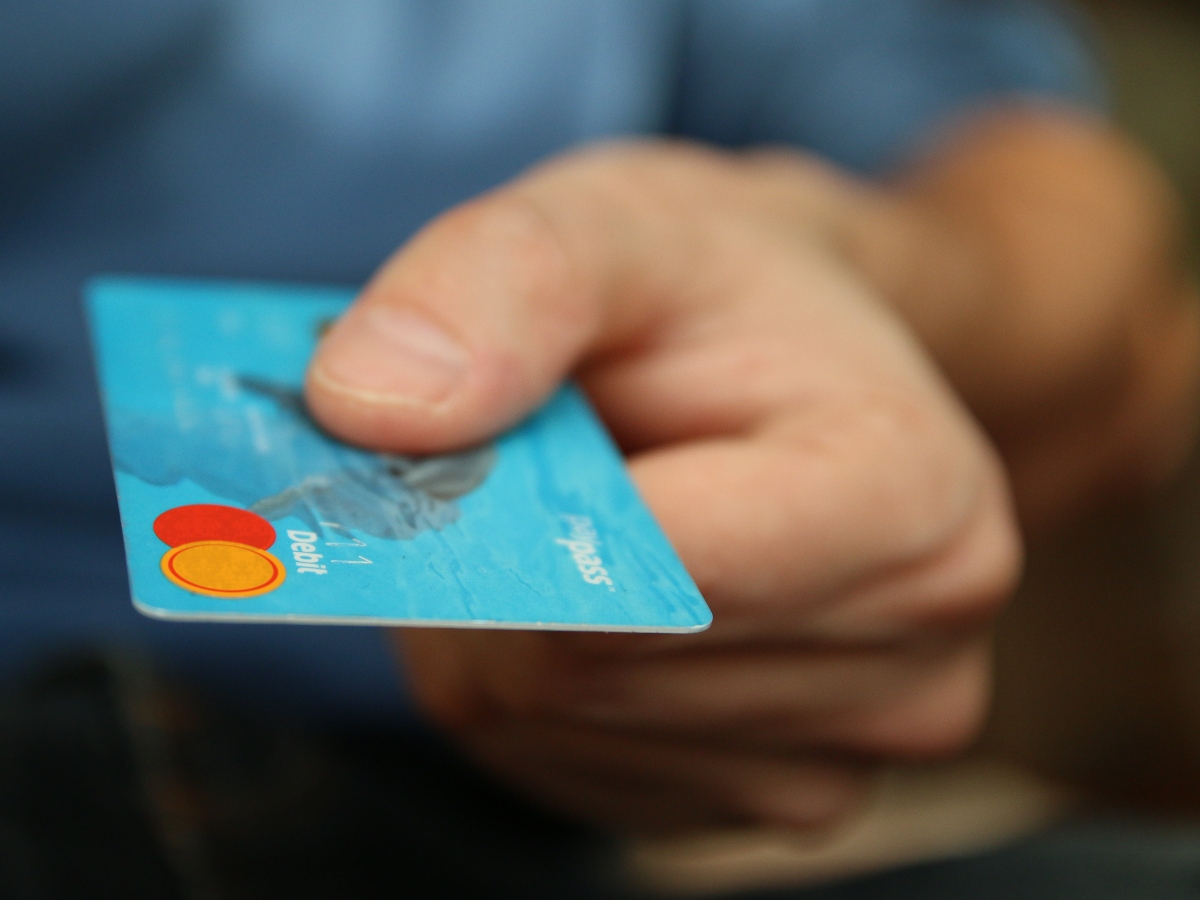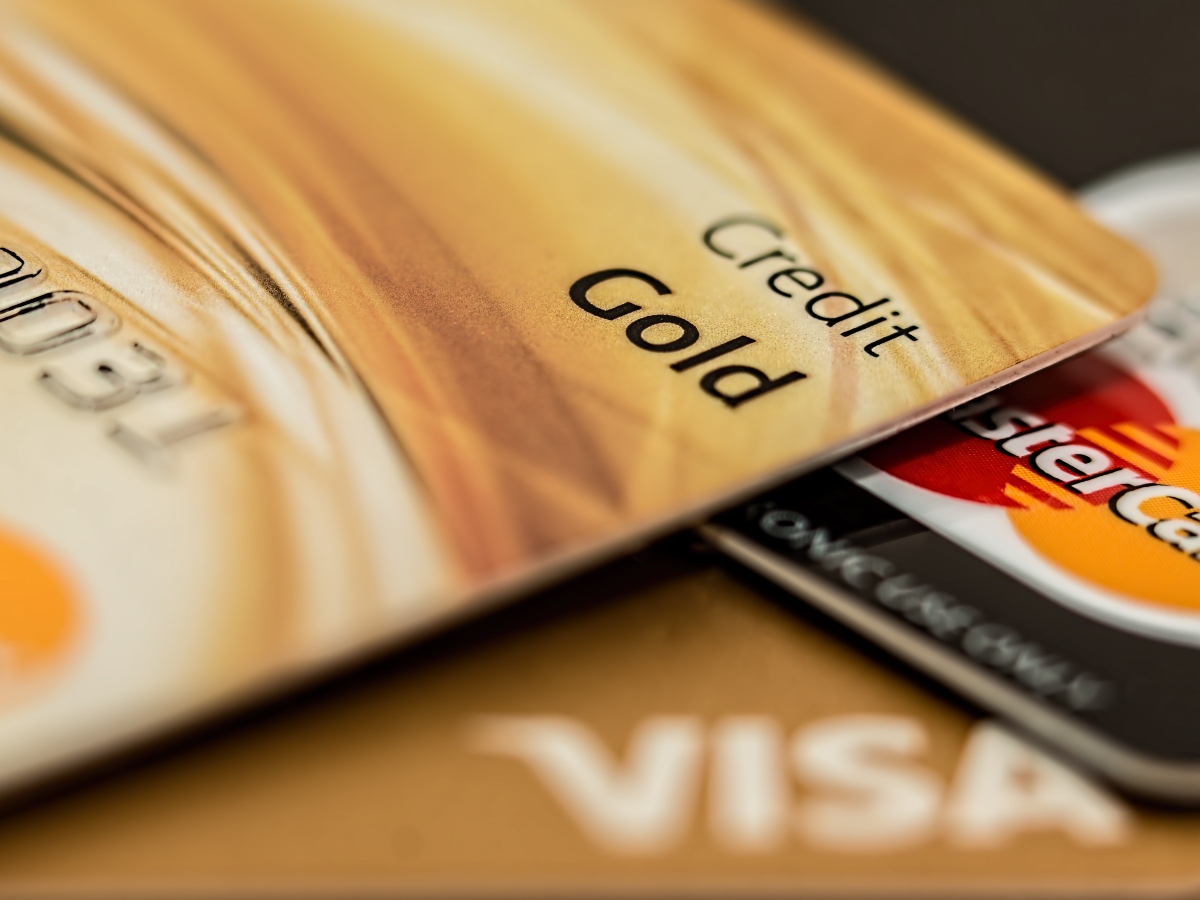Your credit score can affect your ability to buy a house, finance a car, take out loans, or the price of your security deposits. If you have a lower credit score, you might be wondering how to build your credit score. That’s where we come in! Here are a few different ways you can build your credit score and put yourself in the best position to make larger purchases.
What is a Credit Score?
A credit score is a way to predict how likely someone is to repay a loan on time. Credit scores are generated through a scoring model of information from your credit report to build your overall score. Companies use this score to determine whether or not they’ll offer credit cards, auto loans, credit products, or a mortgage. Additionally, credit scores lead to interest rates and credit limits.
What Factors Affect Credit Score?
There are a few different factors that affect credit scores, so let’s just jump right into it!
- Your current unpaid balance or debt
- The number of loan accounts you have
- Types of loan accounts
- Your bill-paying history
- How much available credit you’re using
- How long you’ve had accounts open
- If you’ve filed bankruptcy, had debt sent to collections, or gone through a foreclosure
What’s Considered Good or Bad Credit?
Credit scores fall between 300 and 850, all depending on those factors we talked about before. Here’s the breakdown of what your score means:
- Poor: 300 to 629
- Fair: 630 to 689
- Good: 690 to 719
- Excellent: 720 to 850
Your credit score can change and fluctuate! If you’re starting with a lower score, it’s easier for you to gain points quicker than if you were starting with a stronger credit score. It’s important to keep an eye on your score and monitor for any changes, or any issues (such as errors on reports). There are free credit score monitoring tools that will not affect your score!

How to Build Your Credit Score
Luckily, there are different ways you can build your credit score! Here are the top ways.
Don’t Miss Any Payments
Step one on how to build your credit score: pay your bills on time. The most effective way to grow your credit score is by paying bills on time. Late payments can stay on your credit reports for over seven years, so you’ll want to make sure you have the proper payment schedule in place!
There’s a huge impact with paying your bills on time, as this is all recorded on your credit report. It’s the largest scoring factor with VantageScore and FICO credit scoring systems. Delinquent payments fade over time but adding positive and timely payments to your account help speed up your credit-building process.
Dispute Any Past Errors on Reports
A simple mistake on your credit report could be pulling down your score without you even realizing it! Errors can include reporting a payment as delinquent when it was paid on time, someone’s activity mixed with yours, or even negative information that is too old to be listed on your report. Here’s the timeline for how long derogatory credit stays on your report according to NerdWallet:
- Missed payments: Seven and a half years
- Account charge-off: Seven years
- Repossession: Seven years
- Student loan default or delinquency: Seven years
- Collections: Seven years
- Foreclosure: Seven years
- Bankruptcy: Seven years

Monitor Your Credit for Changes
There are plenty of free credit report checks available for you to utilize. Monitoring your credit for any changes is critical when you’re trying to improve your score. By keeping a close eye on it, you’re able to quickly see changes in your credit and check for anything false. That way, you know what your score is and better understand your current credit position. Then, you’re more aware of what lenders may see so you’re able to make adjustments to inaccurate information.
Locate Your Past-Due Accounts and Make Sure It’s Paid Off
If you’re behind on paying off your credit, you must get up to date on those payments. Bringing late bills to current payments is a great way to improve your score. Even though delinquent payments stay on your credit report for over seven years, you can turn that around by catching up on those payments.
Pay Your Account Balances to Keep it Low
Once you’ve paid off your balances, you might be wondering what a good credit limit is. Typically, the guideline to follow is to use less than 30% of your available credit. However, the lower you keep your balance, the better! The highest credit score users run a 7% credit utilization.
To keep it low, pay the balance before your billing cycle ends, or make several payments throughout the month. Your credit utilization is the second largest factor in determining your credit score!
Build Your Credit File
Building your credit file is a great way to build your credit score. This is because new accounts are reported to major credit bureaus, which is something that major lenders and card issuers report to! Until you have a history and a good track record, it’s hard to build up your credit. Having several open and active accounts is a helpful way to increase your credit score. This is specifically geared towards people who have minimal accounts open without a long history of payments.
Avoid Applying For Too Many New Credit Card Accounts
While we already talked about opening accounts to build your credit file, you also need to limit how often you’re submitting credit card applications. This is because each application leads to inquiries, which can affect your score negatively. Therefore, you don’t want to submit numerous applications. However, an exception to this ruling is applying for specific loans, such as auto or mortgage loans.

How Long Can It Take to Rebuild Credit Score?
It’s important to understand that rebuilding your credit score isn’t going to happen overnight. There shouldn’t be a set timetable for rebuilding your credit to an ideal number. The biggest factor in how long it’ll take is depending on what is on your credit report which is ultimately hurting your score.
For example, if your credit score took a hit from a single missed payment, it shouldn’t take long to rebuild your account by making on-time payments. However, if multiple late payments took more than 90 days to repay, it could take you longer to recover.
You can improve your credit score in as little as 30 days to as long as 10 years. Everything is depending on your previous credit history and ability to repay balances.



